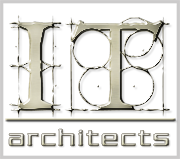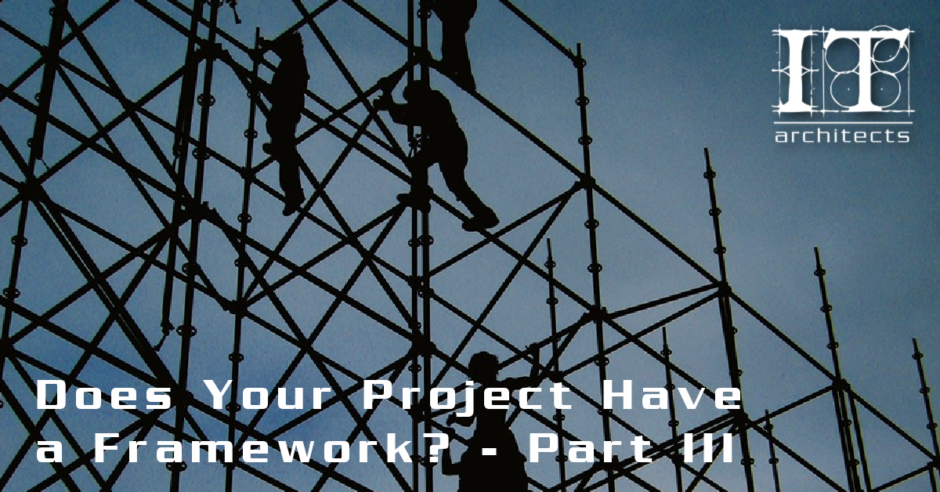Marianne Hang, Senior Project Manager
August 07, 2018
Taking it Home
In Part 2 of this blog series, I recommended three key project management documents that are important to build and present early on in a project where there is no project management framework. Now you’re a month or two in and you’ve got some solid documentation in place to help move you and your stakeholders out of the grey zone, and into having a more solid foundation for go forward. You’re feeling more confident about being successful without a project management framework in place because you’re implementing your own based on best practices. Your client is feeling confident that they chose the right person to do the work successfully. Your team and stakeholders are starting to buy into the project and their roles. You’ve established contact with your vendor and contractors. You’re building working relationships with your resources – especially your IT Architect who has now become your best friend. You’re off to the races! As you move forward, keep three things in mind to support your and others’ progress, and keep your head up when you run into the dark nights of the soul that every Project Manager must deal with.
Congratulate yourself (and others) for every achievement and completion.
However small, in the early days of a project and especially when you’re working without a framework, each achievement and every completion date met is a big deal. Remember to communicate that to yourself and others, including governance. Not only do they need to see that you and the Team are actually doing something, everyone feels good when good news is shared. Align with your IT Architect to communicate and celebrate wins – two aligned voices go a long way to establishing a positive foundation and setting the stage for success.
Don’t get caught in the trap of thinking you don’t KNOW anything and use that as an excuse to not DO anything.
Getting caught in the trap of needing definite information in the early stages of a project, where no framework exists, sets you up for frustration and inertia. It may also present to others as if you can only do work once you’ve been provided with all the answers. Part of your role is to identify the questions and go after finding the answers, as well as make educated guesses and recommendations for the questions that don’t have answers at this point. Remember again, that grey zone discomfort is exactly because we don’t know much at this stage and sometimes, we don’t even know what we don’t know. Discomfort level can be high here and that can lead to frustration – but folks are looking to you to provide artifacts and confidence that will lead everyone out of that grey zone. Don’t be afraid to engage your stakeholders to help put artifacts together – just avoid giving them blank templates to complete and leaving them to it – it’s your job to guide and facilitate the process of arriving at answers.
Communicate what you’re doing.
You are not an island unto yourself – that is not the role of a Project Manager. You work with and for others. You represent a project and people and deliverables. You are accountable for people and solutions. If you don’t talk about your people and solutions, especially in the early days, you risk people making up their own minds about who they think you are and what they think you’re doing. You must be the first one out of the gate to prepare and distribute status reports, book meetings, ask questions, engage your stakeholders, and reach out to your governance. Your project has impact – start talking about that now in order to help manage expectations. Communication is absolutely vital in a situation where there is no framework – you don’t want to add to the lack of framework with lack of communication.
By implementing the recommendations in the three parts of this blog – reviewing documentation, building working relationships, presenting quick wins with project management artifacts, and supporting progress as you move forward – you’re building a framework for success early on in your initiative. These recommendations all help to bring people on side and increase your chances for having the framework you’re putting into place out of necessity be adopted, supported, and championed for the entire lifecycle of your project.
Ms. Marianne Hang is a Senior Project Manager affiliated with IT Architects in Calgary, Alberta. IT Architects (www.itarchitects.ca) is an information consulting firm specializing in business process optimization, system evolution planning, and the deployment of leading-edge technologies. If you require further information, Marianne can be reached at info@itarchitects.ca or 403-815-7505.


